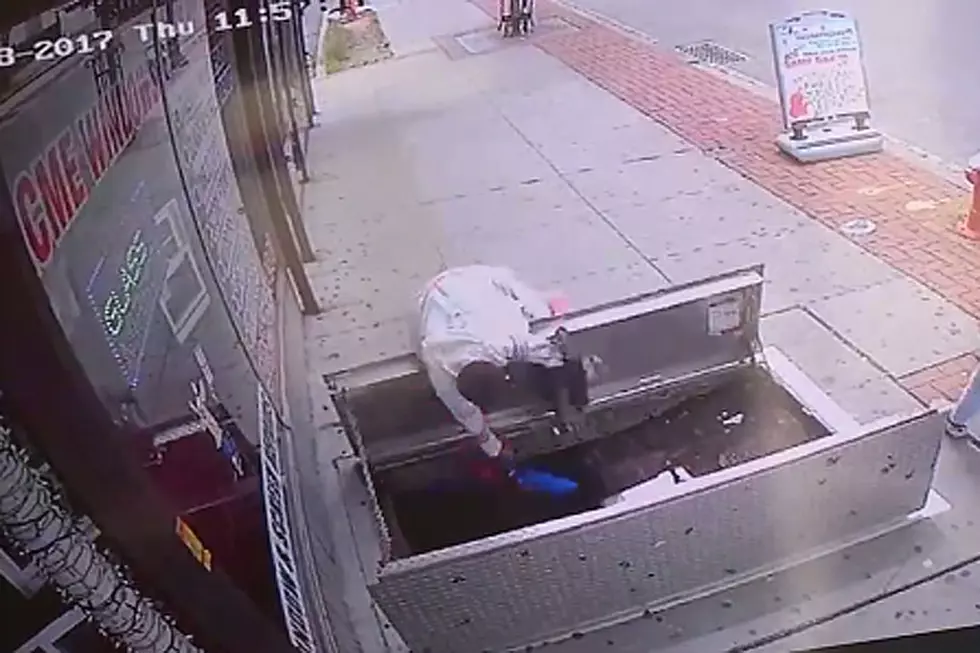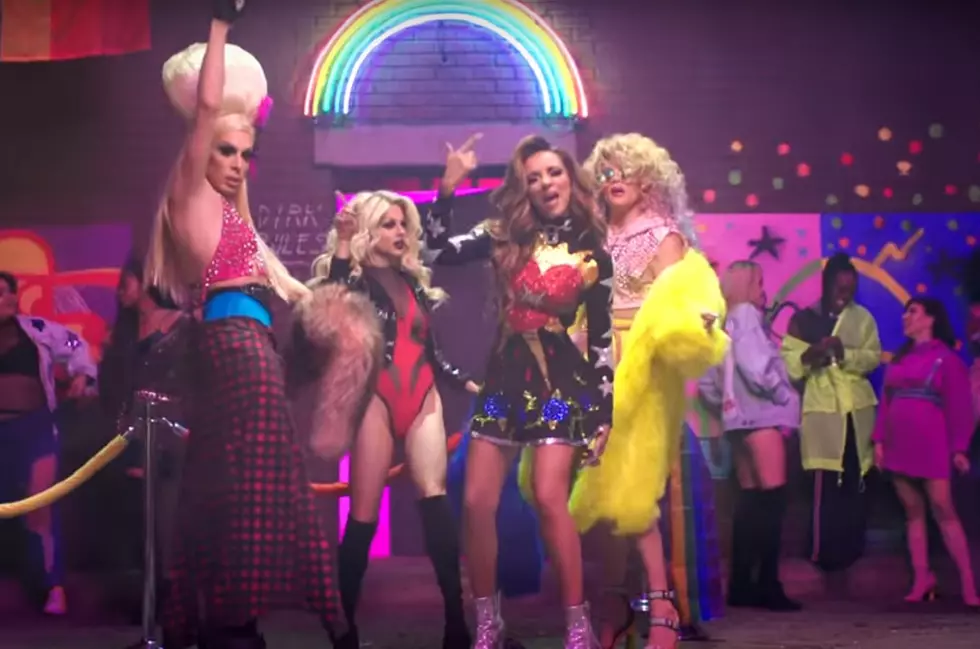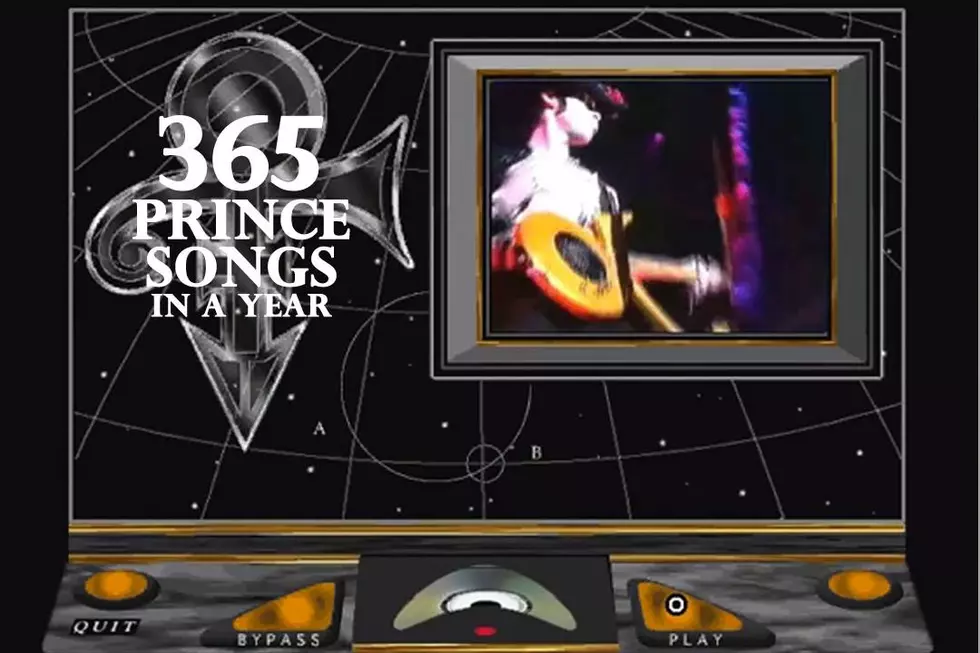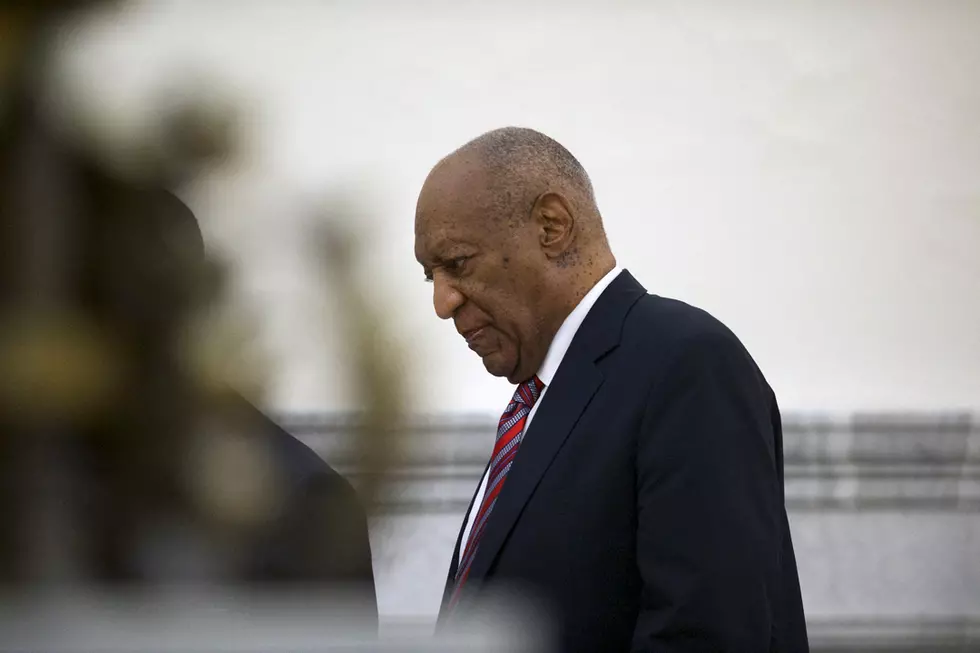
Meet Alexandra Billings, the Actress Who Made TV History and Was Originally Cast in ‘Transamerica’
This interview is one part of ScreenCrush’s new franchise Our Hollywood, a month-long series about the past, present and future of transgender visibility in film and television. Stay tuned throughout June’s LGBTQ Pride Month for in-depth profiles with photos shot by Amos Mac, essays and exclusive videos.
Alexandra Billings may be most recognizable to audiences as Maura Pfefferman’s best friend Davina on Transparent, but long before she appeared on the Amazon series Billings was making history. A drama professor and a veteran of the stage and screen, Billings became the first openly transgender actor to play a trans character on television with the 2005 TV prequel Romy and Michele: In the Beginning. Since then Billings has acted on Grey’s Anatomy and How to Get Away With Murder, but there was an even bigger part that would’ve gotten her mainstream attention long before Jill Soloway’s series.
Before Felicity Huffman went on to earn an Academy Award nomination and a Golden Globe win for her turn in 2005’s Transamerica, Billings had the role. During an interview with ScreenCrush in Los Angeles last month, Billings said that she wasn’t just considered for the indie film, she was cast in the lead role before the screenwriter rescinded the offer, giving it to Huffman (a cisgender1 actor) instead.
In her interview, Billings told us what she brings to trans characters that cis actors can’t, how the industry has evolved over the past decade, and why she has hope for the future of trans representation in Hollywood.
You made history with your role in Romy and Michele: In the Beginning. How much has the industry changed since then in terms of the opportunities that exist for trans actors?
There are more [opportunities] because there are more things to do. There are a lot more doors that are opening. We need to create our own work. I’ve done that in the theater and I have a lot of friends who’ve done that in the theater for many years. We need to write our own stories and now we are able to do that. I mean there’s nine million channels! There are so many channels. I mean, you can get porn anywhere! And also – that was for the people that want to watch porn – there are so many different pockets of humans available. There is no reason we’re not working. We need to keep generating work, constantly. That’s the big difference: When I first started in the business there was no such thing. There were five channels and at the end the “Star Spangled Banner” played. You’re too young, you don’t know what I’m talking about.
Did you ever audition for a role that went to a cis actor?
It did actually happen. I had the lead in a movie called Transamerica, 150 years ago. I had it for 24 hours and the writer called me. And he was really nice. He said, “Alex, look. I have to renege the offer.” I said, “Why, what happened?” and he said, “I just can’t get it made if you’re in the lead. I can’t get any money. I can’t get backing because no one knows who you are.” I thought, “Well, okay, but this is a trans character.” So I assumed the person they were replacing me with was trans, and I said, “Who are you going to get to do it?” And this was a long time ago. He said, “Have you heard of William H. Macy?” I said yes, thinking to myself, “If he plays this role I’m going to throw myself off of a bridge.” He said, “His wife is actually interested in the role.” I said, “Felicity Huffman?” She ended up playing the role and getting nominated for an Oscar.
Not that if I had played it I would have gotten nominated for an Oscar, but all year I had to go past buses, signs, taxies, small children on the street, “Felicity Huffman got nominated for an Oscar!” This was my life for a year. And you know, weirdly, I ran into her about three or four months ago – we’d never met – at something and we were sat at the same table, accidentally. So I got to turn to her and say, “Did you know that you stole the role [laughs] in Transamerica from me?” And she felt really bad, which made me feel great.
Did you ever see it?
I did. It was actually very good. Her performance was wonderful in it. But I must say, just standing on the outside and looking at it, it was a little self-depreciating because when you have a cis actor playing a trans character they look at it from the outside in. And so they’re playing at characteristics or behavior. Well, we don’t do that because that’s inbred. Being transgender isn’t learned behavior, it’s genetic. And that’s something they will never understand. So there was a distance to it that I didn’t care for.
What’s something that you would bring to a trans role that a cis actor couldn’t?
Experience. Life experience. Again, it’s not something I have to act. I don’t have to find that within myself. It’s spiritual, it’s emotional, it’s deep, it’s historical. We’re a tribe that’s been around since the beginning of time. That’s in me. It’s not even something that occurs to me. I just am trans, I don’t have to be trans.
What’s one thing that someone should never say to a trans actor?
Which bathroom do you use? Do you know how many conversations I’ve had about my genitalia with complete strangers? I have a nightclub act. I was doing my act and some guy in the audience reached up between my legs as I was singing. I was like, [singing] “That’s why the lady is – WOO!” Literally in the middle of a song. So I think anything that has to do with anything surgical, let’s just stay away from. If you want to ask me about my surgeries, I get to ask you.
Is there anything specific to being an actress that you have been asked before and thought, “I really hope no one asks me that next time”?
I was doing this show, what was the name of it? Eli Stone. I was in it for a scene and I had this big monologue. I did it and I was weeping, because we are always very sad, trans people — [sarcastically] very sad. Then I finished it and the director came up to me. I was [playing] the therapist in this therapy room and there were 12 people and all of them were trans. They cast trans people in this thing. I finish it and [the director] kneels down and says, “That was great, Alex. Can you do it again, but this time can you do it a little more drag-queeny?” And the whole circle [of people], we all held our breath. I thought, okay, I need clarity and I think he does too. I looked at him and I said, “Tell me exactly what it is you mean, and then do it.” And he started to sort of twirl around and snap his fingers, and it was very odd what happened. This idea of who he had in mind had nothing to do with me. When he finished I said, “So why did you cast me? You shouldn’t have cast me. You should have cast someone who behaves like that. Oh, and by the way none of us really behave like that.”
So I think it’s less about me being tired of people asking me things; I love when people ask me things. I may not always answer it, but questions should never be squelched. Curiosity is what begets invention. What I’m tired of is people giving me advice on how to act like a person that I’ve always been. If you want to give me direction in some way, then tell me about the story you are telling, but don’t tell me how to behave because you’re uncomfortable with my being.
What’s one thing that Hollywood has gotten wrong about trans representation?
One thing? The list is long. Well, I think they misunderstand us and I’m going to go out on a limb here and tell you that that’s partly our fault, that we’re not clear. We’re not clear and we’re not loud enough. We don’t understand our own power and when we do understand it we cerebralize it. It doesn’t become spiritual. We’re warriors, we’re intuits, we’re empaths. That’s always been true. We are not magical creatures and we are not psychic, but like every human being, we come from a place, we stand on a planet that spins on an axis of history and hope. All of us are in the same chaotic conundrum flying through space on something that doesn’t have any kind of direction. So there is chaos in all of us.
In order for us to get along just as human beings, we’ve got to tell the other person who we are. You can’t expect someone to know your life and then blame them for not being there. That’s unfair and it doesn’t make any sense. We’ve got to get loud and we’ve got to get current. We’ve got to be present in the thing that we are in, not live in the past, not live in our own shame, not live in our own regret, not live in who we were. Accept, love and cherish and honor all of that so we can be present in the person we are becoming. And then we've got to explain that, clearly.
With that in mind, how do you envision the future of trans representation in Hollywood?
I have great hope for it. Listen, I’m really excited about it. Your generation is changing the world. You are the most imaginative, creative, exciting generation that has ever – look at what you invented. Everything on Star Trek has come true, even the doors! Because you guys are at the helm of the ship, we’re headed to places we can’t even dream are possible. So dream big. Take up an enormous amount of space. So much space that you think "I’m intruding," and then take up a little bit more space. I have great hope.
1Cis or cisgender: A person whose gender identity matches the biological sex they were assigned at birth.
More From Mix 97.9 FM










